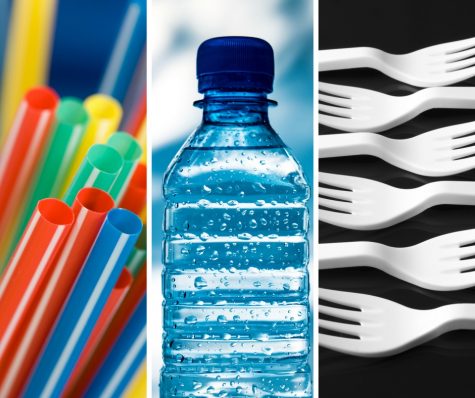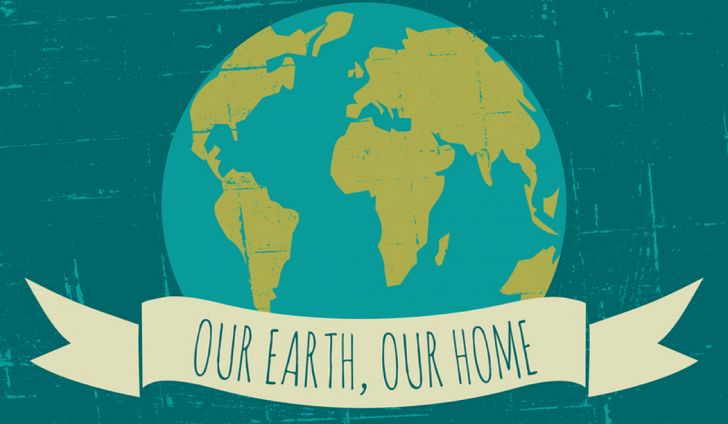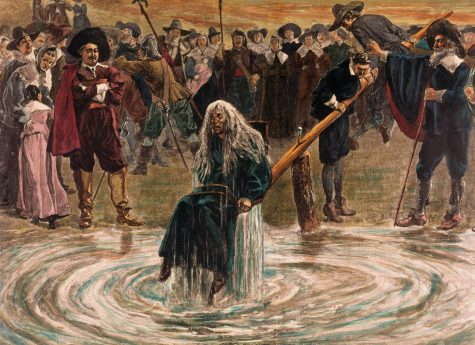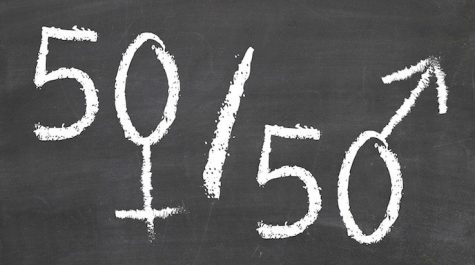Bye Bye Plastics!
Recently the world has changed its view on plastics, and we are entering an era that is slowly banning the use of it. Early in 2018, National Geographic calculated that about 18 billion pounds of plastic waste flows into the ocean every year (Parker, 2018). Not only are we putting our sea life in great danger of becoming ill, but ourselves. In the process of breaking down, plastic releases toxic chemicals (additives that were used to shape and harden the material) which make their way into our food and water supply. The problem is these toxic chemicals are now being found in our bloodstream and the latest research has found they disrupt the Endocrine system which can cause cancer, infertility, birth defects, impaired immunity and many other ailments (What is Single Use, 2016). They also found that over the last two decades, the amount of plastic manufactured in the U.S, has increased at least 44% (Parker, 2018). In order to limit littering and plastic waste, many places are beginning to ban single use plastics.

Single use plastics, are made to only be used once, and then either thrown away or recycled. This includes things that we use daily like plastic bags, water bottles, and straws. Countries like Kenya, Taiwan, Costa Rica, the UK, Canada, and some parts of Guatemala have all eliminated some product made of single-use plastics (Calderwood, 2018). In the U.S. a handful of states have begun to put bans on
plastic straws, which includes California, Hawaii, New Jersey, New Mexico, and Washington. Some states like New York and South Carolina are creating strict ban laws, and have banned both plastic straws and bags (Global Efforts, 2019). In order to control and lessen your plastic pollution, it is essential to begin reducing, reusing, and recycling!
Begin to write down how much plastic you use everyday in order to track and slowly REDUCE your use. Earth Day Network even provides a plastic waste calculator to help on their website, https://www.earthday.org/2018/06/08/what-you-can-do-to-end-plastic-pollution//. The next step is to REUSE, and begin buying items like a sturdy reusable water bottle, cloth bags for shopping, and bamboo straws. Lastly, just RECYCLE the plastic bottles that are empty and return plastic bags to grocery stores that already used. Another tip that National Geographic suggests we can do, is to avoid plastic packaging. Begin to buy in bulk rather than individually, give up plastic plates/utensils, and buy things like bars of soap instead of liquid (National Geographic). Humanity has realized we are killing our own Earth, and now is the time to make a change.
Sources available upon request







